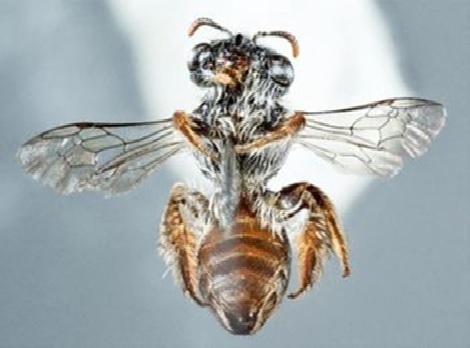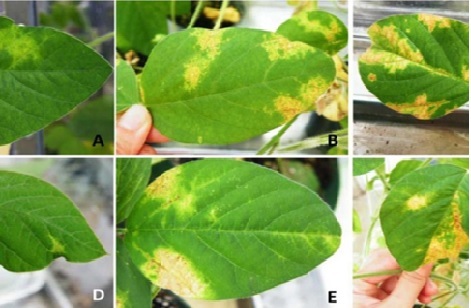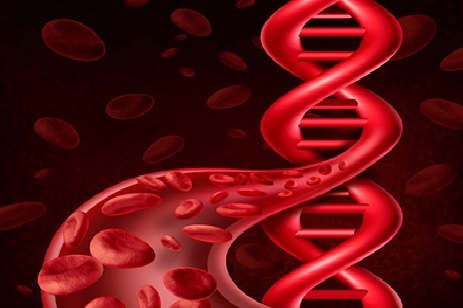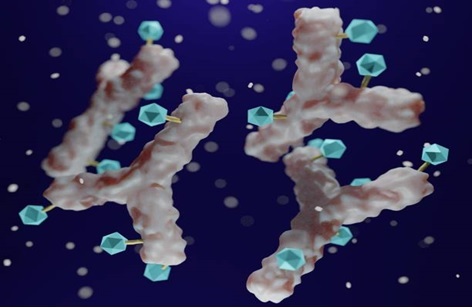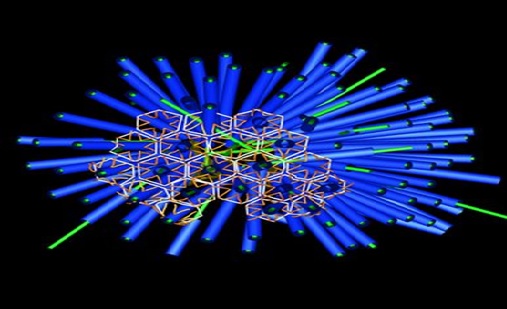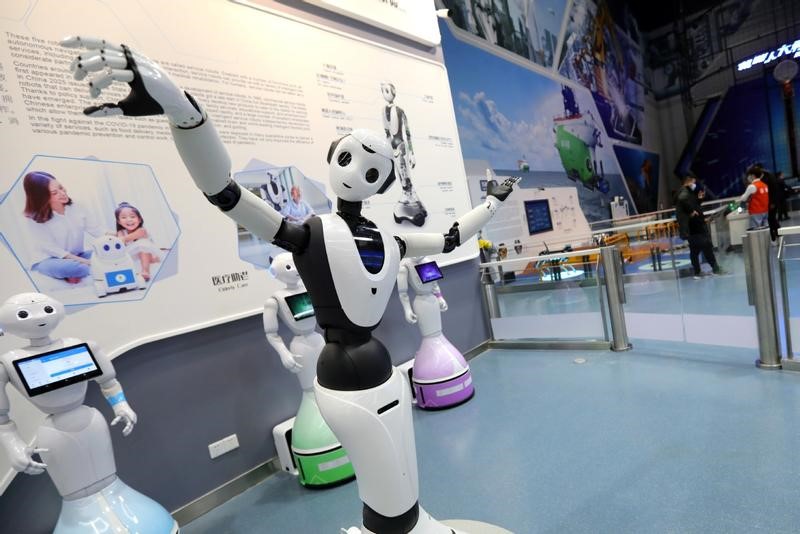Gene Editing With CRISPR-Cas9
CRISPR-Cas9 is a revolutionary gene editing technology that allows researchers to make precise, targeted changes to DNA sequences in cells. The system uses a specific enzyme (Cas9) guided by a small RNA molecule (CRISPR) to cut and modify DNA at specific locations.
Mucopolysaccharidosis IVA (MPS IVA) is a lysosomal storage disorder (LSD) caused by mutations in gene encoding for GALNS enzyme. Lack of GALNS activity leads to the accumulation of glycosaminoglycans (GAGs) keratan sulphate and chondroitin 6-sulfate. Although enzyme replacement therapy has been approved since 2014 for MPS IVA, still there is an unmet medical need to have improved therapies for this disorder. CRISPR/Cas9-based gene therapy has been tested for several LSDs with encouraging findings, but to date it has not been assayed on MPS IVA. [1]
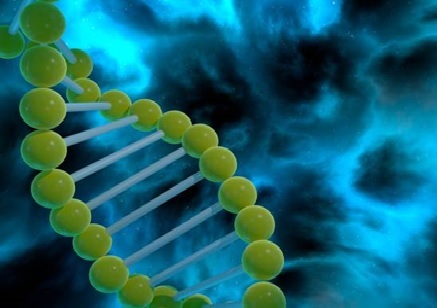
Figure .1 Gene Editing With CRISPR-Cas9
Figure 1 shows CRISPR-Cas9 has the potential to transform many areas of biotechnology and medicine. One of the key applications of the technology is in the treatment of genetic diseases. By using CRISPR-Cas9 to modify or replace disease-causing genes, researchers hope to develop new treatments and cures for a wide range of inherited conditions, such as sickle cell anaemia, cystic fibrosis, and Huntington's disease.
Another potential application of CRISPR-Cas9 is in the development of agricultural crops that are more resistant to pests and disease, have improved nutritional content, or can withstand environmental stresses such as drought or extreme temperatures. This has the potential to improve food security and sustainability, particularly in developing countries.
CRISPR-Cas9 is also being used extensively in basic research, allowing scientists to study the function of genes and their role in various biological processes. By modifying genes in cells or organisms, researchers can gain insights into how they contribute to development, disease, and other biological phenomena.
Despite its promise, CRISPR-Cas9 also raises ethical and safety concerns. One of the main concerns is the potential for unintended consequences or "off-target effects" when modifying genes, which could lead to unintended and unpredictable outcomes. There are also concerns about the use of the technology for non-medical applications, such as creating "designer babies" or genetically modifying organisms for military purposes.
Overall, CRISPR-Cas9 represents a powerful and versatile tool for gene editing and has the potential to transform many areas of biotechnology and medicine. However, careful consideration of ethical, safety, and regulatory issues is essential to ensure that the technology is developed and deployed in a responsible and ethical manner.
References:
- https://www.nature.com/articles/s41434-022-00344-3
Cite this article:
Janani R (2023),Gene Editing With CRISPR-Cas9, AnaTechMaz, pp.156



